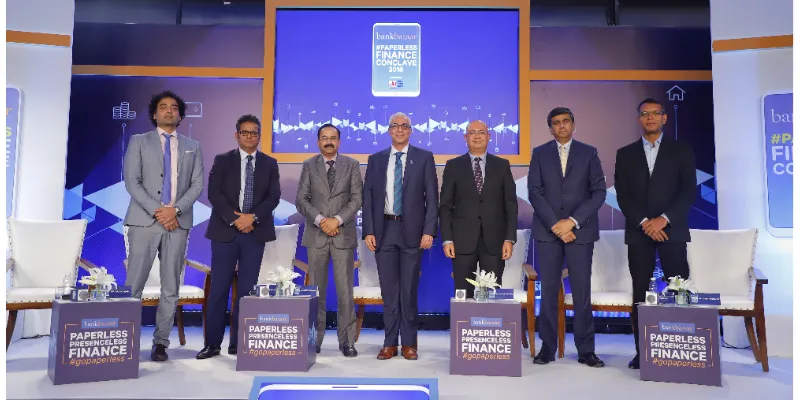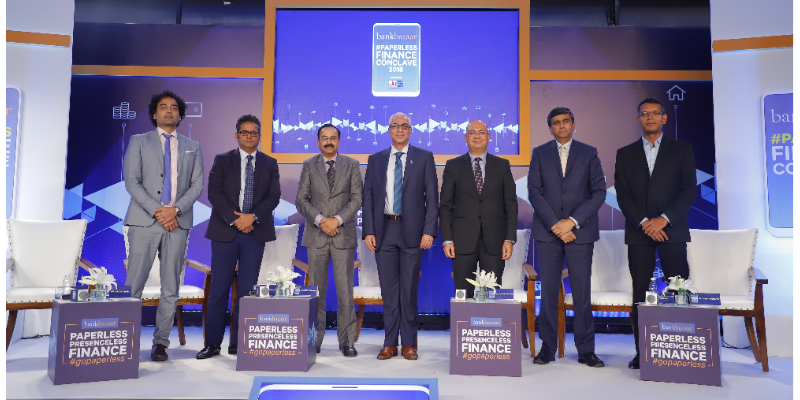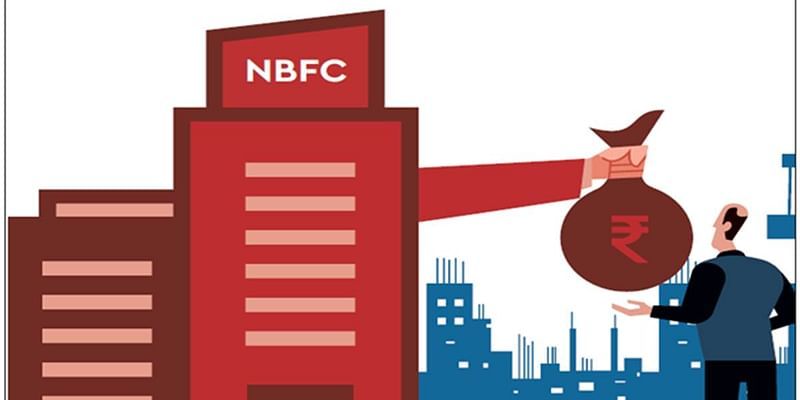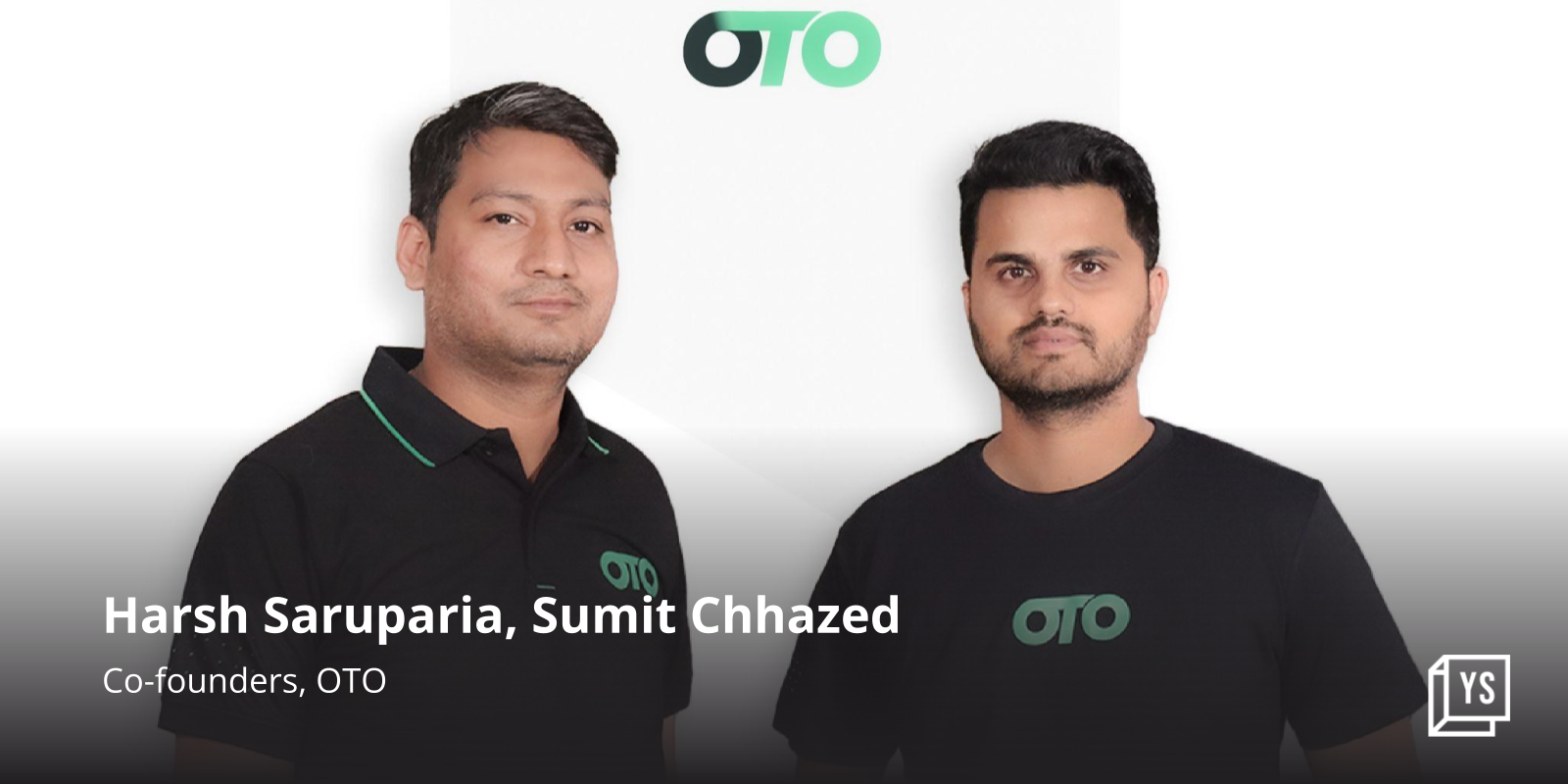At BankBazaar Conclave, industry bats for paperless, presence-less finance
Customers, both rural and urban, are more willing than ever before to adopt digital banking. Now, financial institutions need to step up when it comes to services and security.
In finance, going “paperless” is much more than just saving trees. That’s what BankBazaar, a homegrown online marketplace for financial products, stated at its annual conclave in 2016.
Two years on, the industry is still coming to terms with “paperless finance”, but is unanimous about it being the only way forward in banking.
At this year’s BankBazaar Paperless Finance Conclave, leaders from BFSI, fintech, and government agencies stressed upon the need for regulatory changes to herald a new “presence-less, paperless finance” era in India. They reckoned the time is ripe to move away from “incremental reforms” and look at the larger picture, and take inspiration from fully digitised banking systems in global economies.

SS Mundra, former Deputy Governor of RBI, called on the financial regulator to be more “ambitious”. He said,
“Innovation at its nascent stage should not be stifled. If old regulation is coming in the way of innovation, do away with it. The government should have a nodal agency completely dedicated to fintech.”
Industry leaders revealed that loans, mutual funds and credit cards are the three most popular products for customers. Loans, especially, have witnessed a major uptick online even though there is a Rs 60,000 cap on them. (The industry hopes it would be extended to Rs 2.5-3 lakh). “Over 70 percent of loan queries now come on the mobile platform,” revealed NITI Aayog CEO Amitabh Kant.
Paperless drives growth, financial inclusion
Amitabh Kant said, “Paperless will increase financial inclusion and grow the insurance sector. It will drastically reduce the cost of physical branches. Data shows that both urban and rural areas in India are ready for paperless, presence-less finance.”
BankBazaar estimates over 85 banking and financial service providers would be selling paperless financial products this year. On its platform, which records 420 million visits per annum, more than 80 percent of the offers are on paperless services. And those have witnessed a 3X surge in consumption.
Adhil Shetty, Co-founder and CEO, BankBazaar, said,
“India is a testing bed for innovation in fintech. Over 60 percent of banking consumers are willing to submit and authenticate their documents online. We can take this up to 90 percent. There is a huge opportunity for collaborative growth.”

BankBazaar says with financial institutions concentrating more and more on reaching credit products to Tier III and IV towns, and making these products easily purchasable, there is an increase in the number of people considering these products.
Paperless also makes it easier for SMEs to raise finance. It simplifies remittances for migrant labourers as well. And, it brings down the cost of acquisition for banks.
Anup Bagchi, Executive Director of ICICI Bank, explained, “Technology helps remove human judgment and reduces opex. We as an industry have to be relentless about reducing the cost of serving our customers.”
Millennials: core target group
According to the BankBazaar Aspiration Index (a study of millennial aspirations through the lens of personal finance conducted by Kantar-IMRB), “wealth” is a top life goal for men and women aged between 25 and 35 in India’s top 12 cities (metros and non-metros).
The report states,
“They are a lucrative segment for a variety of financial instruments, starting with credit cards and moving up to higher involvement products like mutual funds and insurance over time… Their lives revolve around the digital space. If it’s doable online, and it can make their lives easier, they’re willing to give it a try.”
Convenience seems to be the biggest growth driver here. With a smartphone-savvy population addicted to app-based daily services, which have exploded in the last few years; the average consumer wants personal finance on a platter too.
And large global banking institutions, which have a limited physical presence in India, are taking cognisance of it. HSBC, for instance, has outlined $15 billion in digital spends by 2020 in the APAC region, of which India is the fastest-growing market.
Ramakrishnan Seshan, Head - Retail Banking and Wealth Management, India at HSBC, stated,
“The bank-versus-bank comparison is no longer relevant. Customers today are comparing us with Uber, Swiggy, and Zomato. We have to match that level of convenience. We see that a digitally sourced product is utilised more.”
Addressing concerns around data

Data security continues to be the “biggest challenge” for the financial sector. Banking data is immensely personal and confidential. “Concerns around identity theft and data security need to be addressed,” RBI’s Mundra said.
In an era where data breaches are normal, what level of assurance does a customer need to adopt 100 percent digital finance? Is the domestic banking system equipped to store large swathes of customer’s financial data safely and securely?
Murari Sridharan, CTO of BankBazaar, told YourStory,
“Security is always work in progress. Changing technology and threat profiles mean that the attack vectors constantly change and we have to keep up with it. As a business operating in the financial space, security has always been our priority. Over the years, we have invested time and resources in developing systematic processes and implemented them with the latest technology to protect our online business from various cyber attacks.”
Interestingly, a few industry leaders said with presence-less finance — and the subsequent elimination of the middleman — customers are more willing to share data.
Puneet Nanda, Deputy Managing Director, ICICI Prudential Life Insurance, said: “The finance business is about underwriting, and for that you want consumers to give you honest, relevant, truthful data. We started realising that when the consumer starts dealing with the manufacturer directly, the chances of consumers giving you this data goes up significantly. Ultimately, not only do things become more efficient for us, the value proposition for the customer also increases dramatically.”











